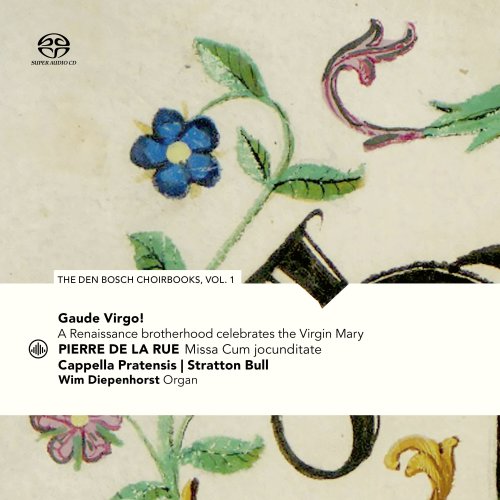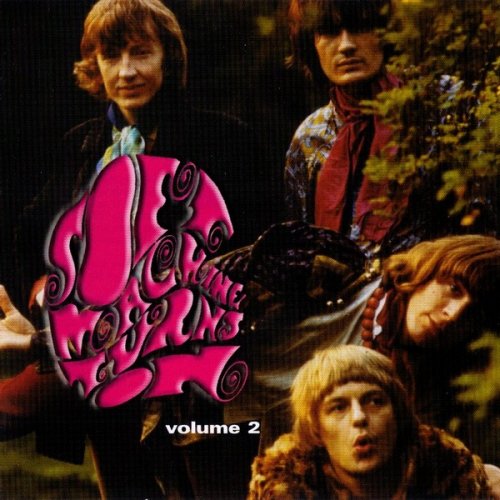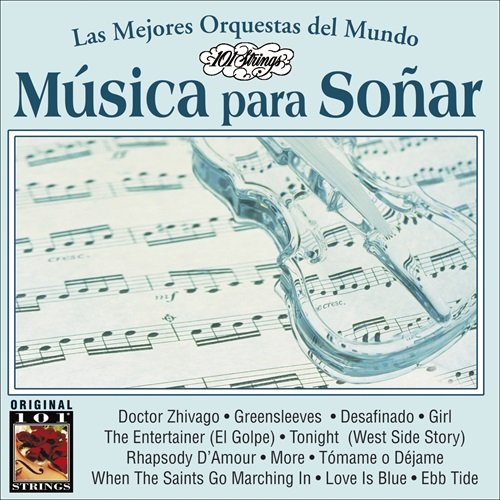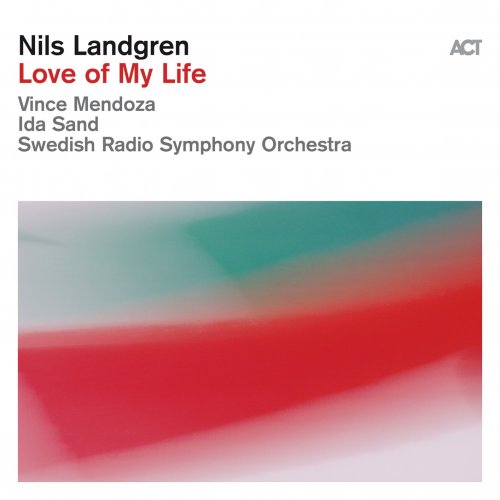Cappella Pratensis - Gaude Virgo! (2016) [Hi-Res]

Artist: Cappella Pratensis
Title: Gaude Virgo!
Year Of Release: 2016
Label: Cappella Pratensis
Genre: Classical
Quality: flac lossless / flac 24bits - 192.0kHz
Total Time: 01:04:27
Total Size: 318 mb / 1.79 gb
WebSite: Album Preview
TracklistTitle: Gaude Virgo!
Year Of Release: 2016
Label: Cappella Pratensis
Genre: Classical
Quality: flac lossless / flac 24bits - 192.0kHz
Total Time: 01:04:27
Total Size: 318 mb / 1.79 gb
WebSite: Album Preview
01. Introitus-Salve Sancta Parens
02. Missa Cum Iucunditate: Kyrie
03. Missa Cum Iucunditate: Gloria
04. Graduale: Benedicta et venerabilis es
05. Alleluia: Ave Maria
06. Sequentia-Verbum bonum et suave
07. Missa Cum Iucunditate: Credo
08. O salutaris hostia
09. Offertorium-motet-Sub tuum presidium
10. Prefatio
11. Missa Cum Iucunditate: Sanctus with Elevation motet-O salutaris hostia
12. Pater noster
13. Missa Cum Iucunditate: Agnus Dei
14. Communio-Beata viscera
15. Cum jocunditate
16. Motet: Gaude Virgo
Music clearly fascinated the great Dutch artist Hieronymus Bosch (c.1450-1516); his sketches and paintings are peppered with closely observed depictions of music-making and musical instruments. Bosch, a native of ’s-Hertogenbosch in the Duchy of Brabant, was a life-long brother of the city’s Brotherhood of Our Illustrious Lady, a large and prestigious organization for which sacred music was an essential and highly-valued part of its devotional life. Every Wednesday Bosch could gather with his Confraternity brothers in their opulent chapel in the church of St. John the Evangelist to celebrate a votive Mass in honour of the Blessed Virgin. This recording aims to capture a sense of the devotional soundscape that Bosch experienced throughout his life as a member of this music-loving Marian brotherhood. Instead of the frightening cacophony conjured by the artist’s vision of Hell, we encounter here the joy and serenity of the weekly Marian votive Mass liturgy. We have chosen the Missa Cum jocunditate by Pierre de la Rue (c.1452-1518), who was not only the most renowned composer of the Habsburg-Burgundian court but also an external member of the brotherhood from the early 1490s until his death in 1518. Indeed, La Rue may well have had occasion to meet Bosch during these years. Cappella Pratensis sings from the original notation, reading from scale copies of the confraternity’s manuscripts of plainsong and polyphony, and adopts the Brabant pronunciation of Latin those singers surely employed. They also read together from one large music book, like the men portrayed in the Singers in the Egg sketch attributed to Bosch.
![Tyshawn Sorey - Monochromatic Light (Afterlife) (2026) [Hi-Res] Tyshawn Sorey - Monochromatic Light (Afterlife) (2026) [Hi-Res]](https://img.israbox.com/img/2026-02/09/o5oae6dg6j9xnkhwodjfrvr5v.jpg)

![Duval Timothy, CJ Mirra - My Father's Shadow (Original Motion Picture Soundtrack) (2026) [Hi-Res] Duval Timothy, CJ Mirra - My Father's Shadow (Original Motion Picture Soundtrack) (2026) [Hi-Res]](https://img.israbox.com/img/2026-02/08/80aewauty50xz1so2jl5bj7zq.jpg)

![Robert Jukic - Res Publica (2023) [Hi-Res] Robert Jukic - Res Publica (2023) [Hi-Res]](https://img.israbox.com/img/2026-02/09/mklto26c4c319bic6rmpb8kyz.jpg)


![Dela Hüttner’s SwingThing - Pause for a moment (2026) [Hi-Res] Dela Hüttner’s SwingThing - Pause for a moment (2026) [Hi-Res]](https://www.dibpic.com/uploads/posts/2026-02/1770561049_cover.jpg)
